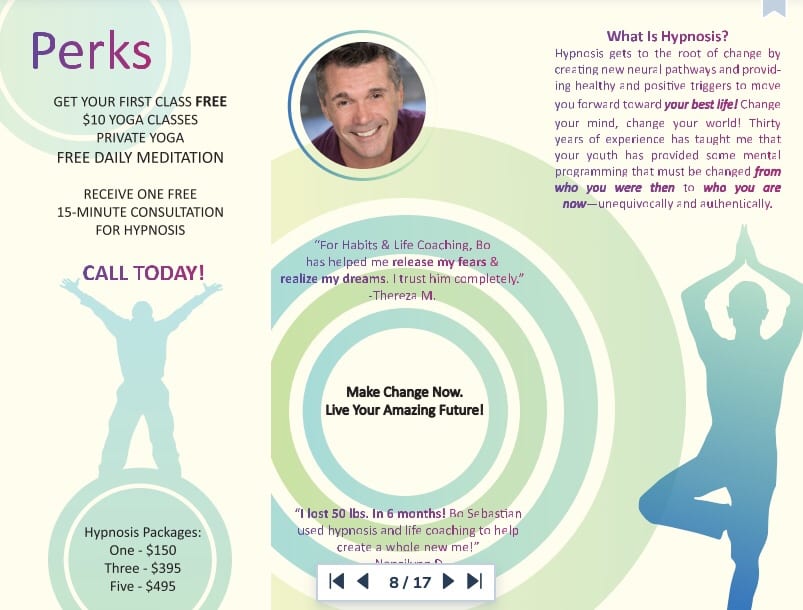
What I Said & What He Heard
Who hasn’t experienced being misunderstood resulting in a heated argument. What I said is contingent on how he or she heard it—completely, unequivocally. This is Part III of my commentary about communication in Relationship.
What I Said & What She Heard
I have had the honor of coaching married clients through hard break-ups and sometimes reconciliation. Almost everything in the process is about what is heard or perceived, as opposed to what is actually said. Honestly, most people do not mean to piss off their partners daily. They seriously are trapped, though, with unhealthy communication skills. What if we could change relationship by adding a few simple steps? Would you do them?
WORKING ON SELF-AFTER YOUR 24-HOUR OBSERVATION
Working on Self is the main aggregating force behind proper communication in relationship. Our assignment was to monitor our responses to life for 24 hours and to not judge ourselves or our partners. Hopefully, you took a few notes in a journal, because the importance of monitoring your behavior doesn’t help if you can’t remember what happened exactly.
ASSIGNMENT: What ACTIONS Have You Noticed in Yourself?
1. Was your response to life generally positive?
I find that most people who have trouble communicating with their partners in life aren’t necessarily having trouble communicating with all of the other people in their lives, as well. This says something very specific about your relationship situation. The issue of communication with your partner is solely with one person. This is a good thing. When you find that you have great relationships with others (friends and family) but not with your partner, finding the problem will be much easier to break down and investigate.
2. Was your response to life negative?
Negative responses would be the following:
- isolation,
- going deeply into a habit like smoking, drugs, or drinking,
- arguing without purpose or goals,
- making small situations larger, and
- feeling as if life is happening only to you.
These kinds of responses are definite signs of depression and anxiety. This may mean you should see a doctor to help you find a medication that can help you balance your moods. Remember, that when you start a mood altering drug like an anti-depressant that you may need 3 weeks to see its effects. Psychologists would recommend that you wait for those three weeks to passby before your try to make any other changes in your life. I agree wholeheartedly with that assessment.
I’m a person who has experienced depression for almost 25 years Most of that time I have been on an anti-depressant, which for me, takes away the low-lows and limits the extreme highs, as well. I stay in the mid-range of my emotions. At first, this can feel very confining. When you consider the alternative, you recognize that the many ups and downs in your life aren’t as necessary as you think. Peace is the goal and always will be. I’m not looking for something to make me laugh or be overly joyful all the time. I’m on a consistent path to peace.
I tell you this story about myself, because when I received medical help from a physician for depression, my issues in relationship changed drastically. Not everything was a crisis. In fact, I was able to let the small things pass and focus in on the real problems of relating. This is a good thing.
3. Were your responses to life a combination of different emotions?
If your responses were relatively equal—some good, some difficult—you are probably feeling life without a lot of baggage from your past. This is a good thing. Every day, life hands us many different challenges and events. Not all of them require negative or positive responses. In fact, some just must be faced with faith and a brave demeanor, knowing that you have the tools to deal with just about any circumstance, based on your past behavior.
READYING YOUR HEALTHY SELF TO DEAL WITH THE ISSUES OF RELATIONSHIP
If your answer was 1, 2, or 3 above, you should take the time to work out your issues with a therapist or a psychologist before you dive into what your partner is doing to compound your issues. In fact, I may suggest that you tell your partner that you are trying to manage your own peace of mind, and would love if they could either get onboard to give you some space to manage these difficult decisions and choices or also take some time to self manage.
If your partner insists on getting in your face and won’t leave you alone to deal with your personal issues, see if you can find an alternative place to stay for a few weeks to be away from the relationship. I know that if you have children this is not an easy escape. However, most of us have friends and relatives who would be willing to help for a short period of time. Take those angel and caregivers in your life up on their offers of help. Of course, make certain that your children are well taken care of if not with you.
If your partner is imposing and harsh, you may even need to find a shelter to protect you, in the worst cases. Let’s hope you are not dealing with abuse. That’s an entirely different issue. If, however, you are experiencing abuse: please talk to an advocate, we recommend using our chat feature, or contact us by phone at 1-800-799-SAFE (7233), or 1-800-787-3224 (TTY) as soon as possible. They are open 24/7.
I’ll continue with the next step in my next blog… Sign up for the blog on my website or in WordPress.
Much peace,
Bo
_______________________________
Are you looking for help with anxiety or are you bored at home.
Try this yoga practice below on YouTube I made just for this purpose or give me a call for a 10 minute consultation. I’d love to work through your stress at this time with you.
The process is so simple, it doesn’t make sense that it could result in such a vast change in mind. You could do some seated yoga. I actually made 3 different yoga videos on YouTube you could go to now and enjoy how great you’ll feel if you spend just a little time getting your body free of stress. But, I can’t do it for you. This article about it can make you do it. You must be a self-started at home, as well as work. Set your mind to a clear schedule of things to do. This would be a brilliant time to learn a new language or clean out the closets.
_______________________________
DON’T FORGET ABOUT PEACE OF MIND
We give away our peace of mind every time we react emotionally to inevitable change. Peace is yours to keep, not give away. So, if you are not experiencing peace, it’s up to you to share why you are anxious with yourself by carrying on a self dialogue. Yes, that’s right. Question yourself. Work it out together with all the parts of your mind (the good, bad, and the ugly). These are the times when we will be closest to our loved ones and also have a great deal of alone time. Use it to your spiritual and physical advantage.
Some friendly reminders about Peace:
- You are made in the image and by the grace of Peace.
- Peace doesn’t comprehend pandemonium.
- Peace of mind is gentle.
- Peace does not judge you or others.
- Peace promotes calm and love.
Peace Helps You Keep Your Retrospect in Check
Psychology Today says that “it’s not bad to have negative thoughts …
We just have to stop believing them!” (Change your unhealthy thought process to a positive connection with Hypnotherapy.)
You will always find all the coaching, compassion, and peace of mind you need at Hypnosis on Las Olas with 31 years of experience. You can find what we do? and How we do it here.
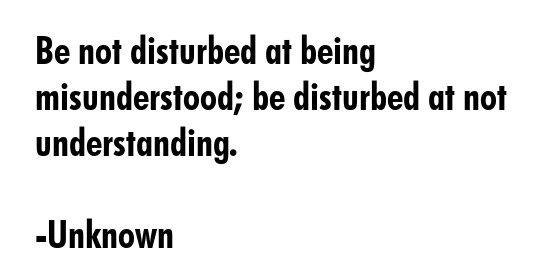
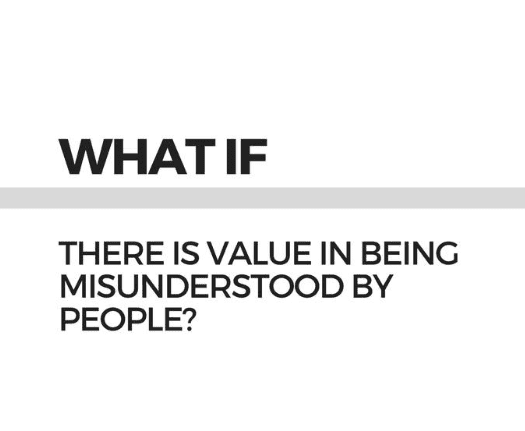
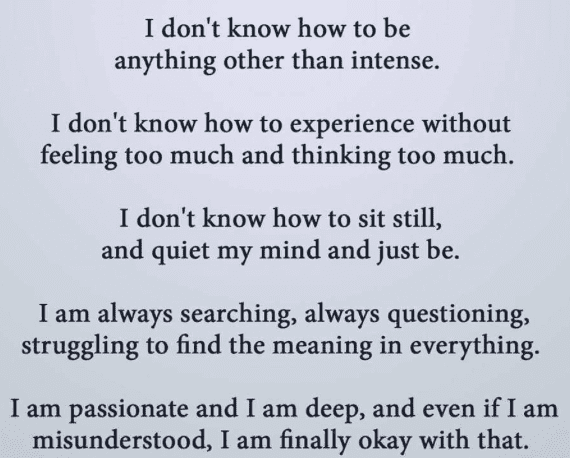
The Physiology of Hypnotherapy:
By going into a subconscious, light sleep or trance, a hypnotists helps find the pathways connecting your outside stimulus to your negative thoughts (food, smoking, anxiety). The work begins in the frontal cortex of your brain!
Disconnect the root cause (stress, relationship problems, no quality ME time) at the foot of the pathway (the place where our response to triggers happens) and build a healthy, new pathway to positive outcomes in your life—a new story for tomorrow.
Email me at bosebastian5@gmail.com or call/text at: 954-253-6493 now!
I’d love to help you find peace, regain control over your life, and build a bridge to a positive future.
Bo Sebastian, owner for 32 years.
Clinical Hypnosis has been known to help these 145 problems:
145 Ways Hypnotherapy Might Help You…
- Abandonment
- Addictions
- Age Regression
- Aggression
- Agoraphobia
- Anesthesia
- Anger
- Anxiety
- Assertiveness
- Assist Healing
- Attitude Adjustment
- Biofeedback
- Breathing
- Career Success
- Change Habits
- Panic Attacks
- Pessimism
- Phobias
- Stage Fright
- Stressful days
- Study Habits
- Weight Loss
- Worry
- Writers Block and much more
- For the full list go to: here
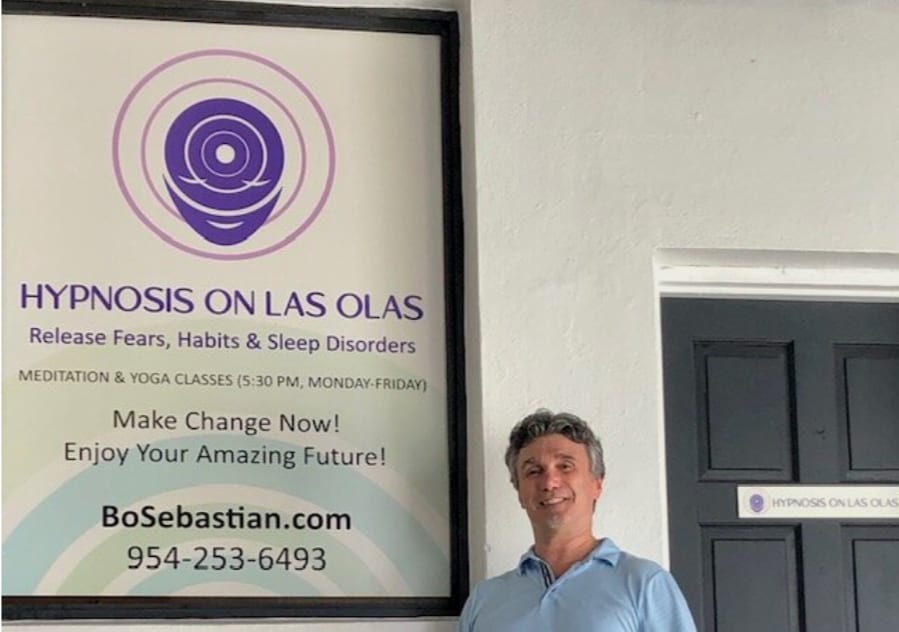
Find out all you need to know about Client Praise or the Different Ways Hypnosis can help you.
